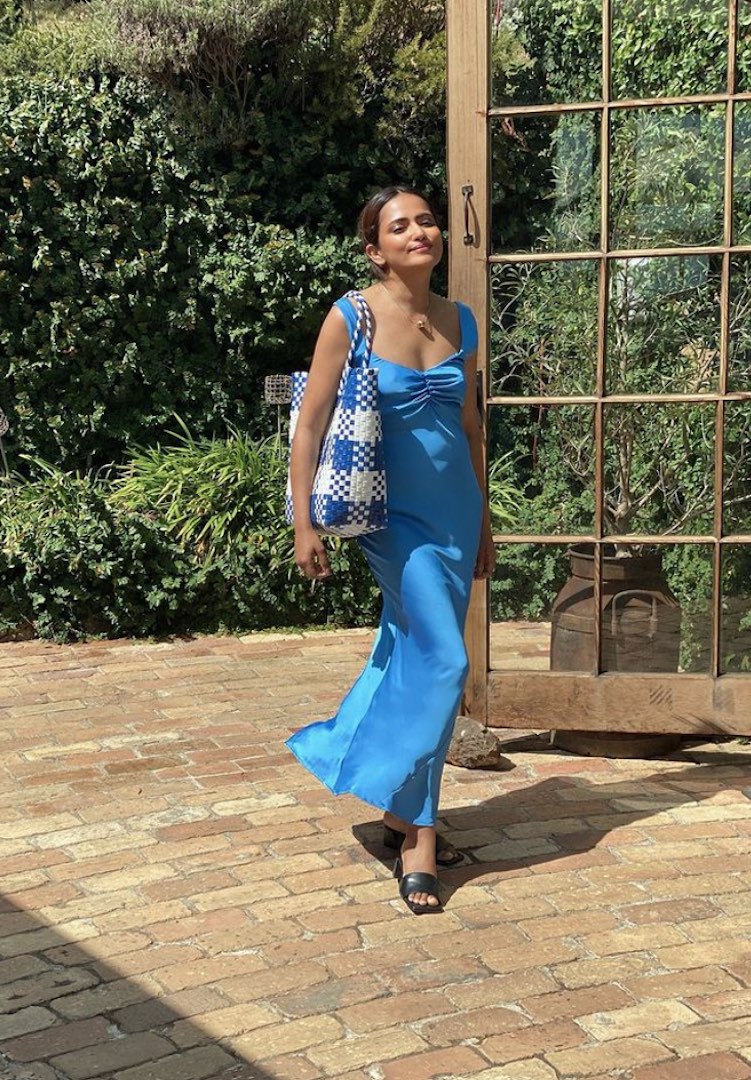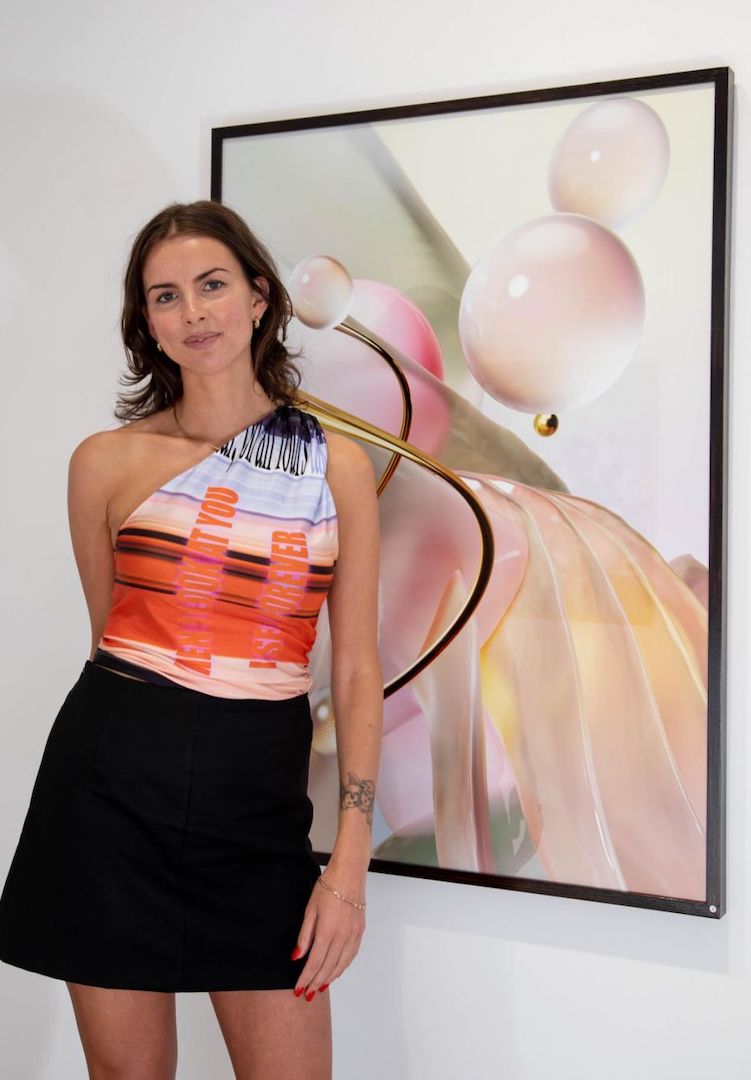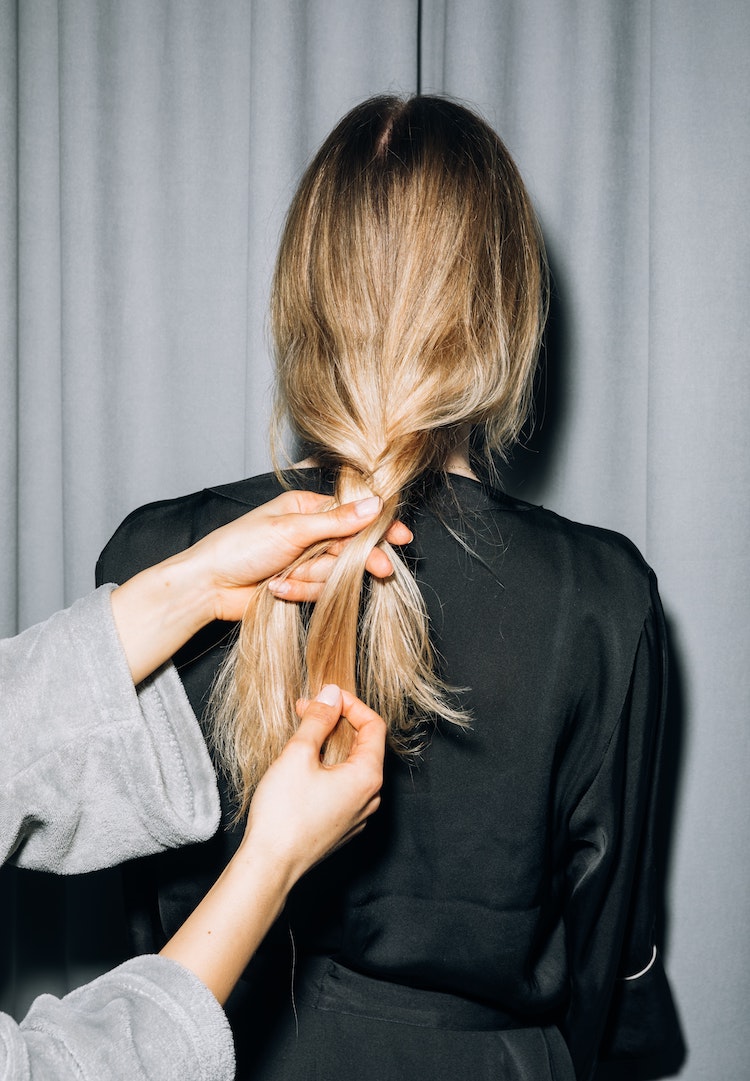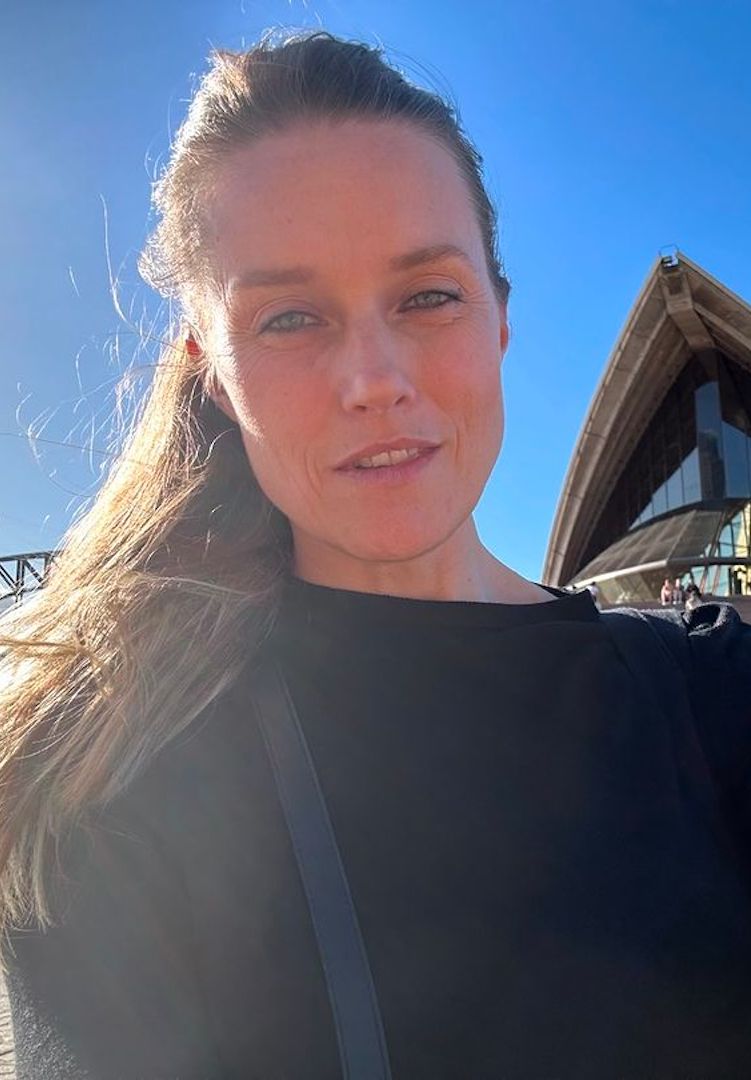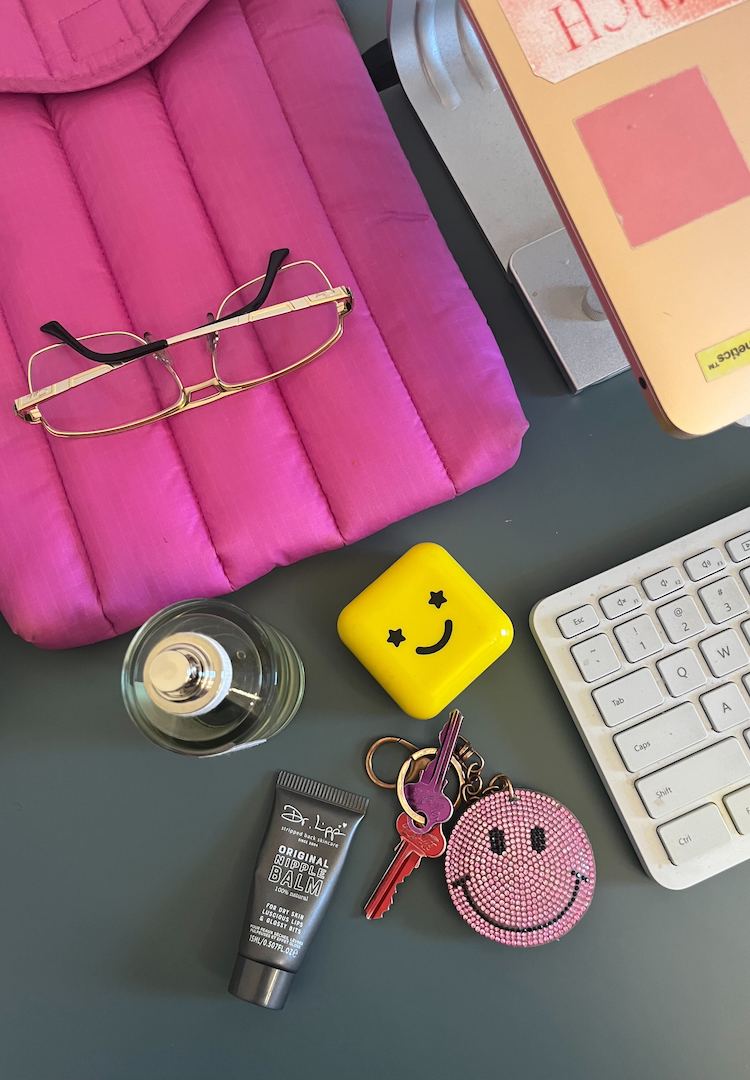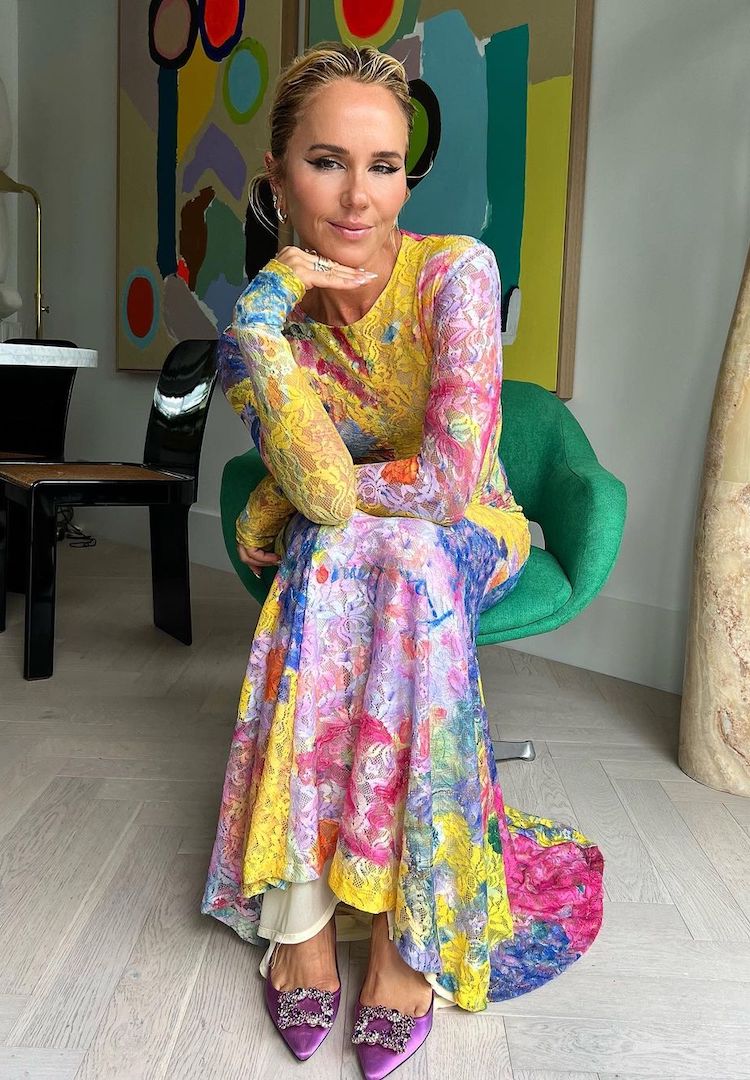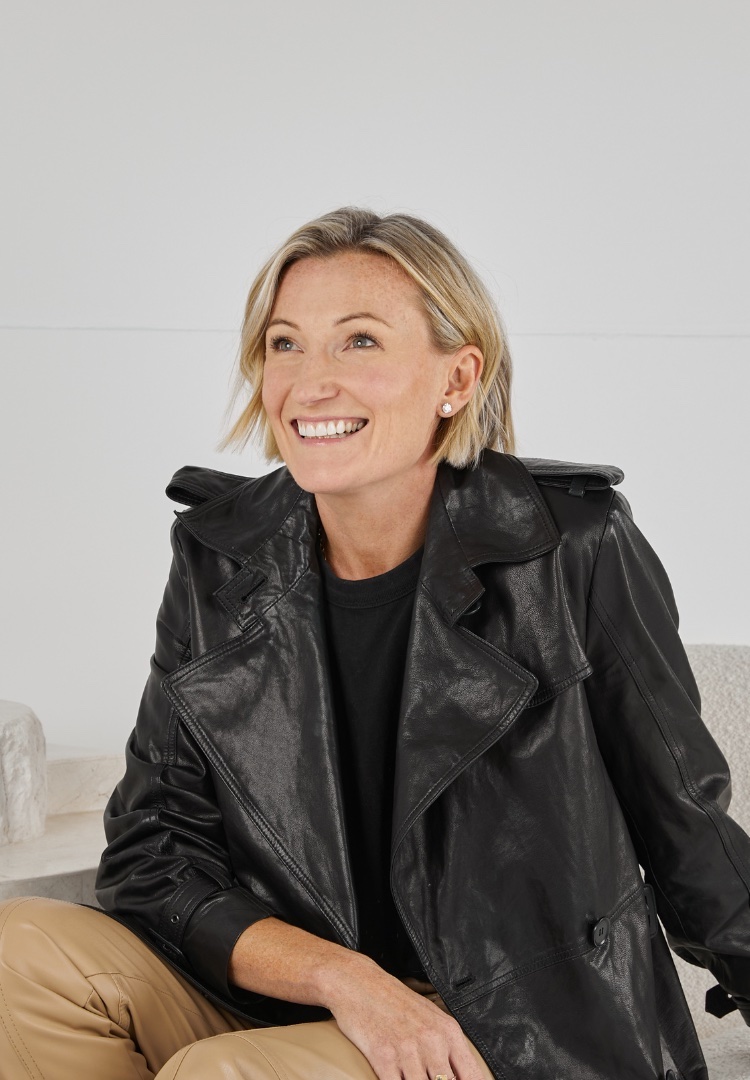5 objectively successful women tell us about their failures
IMAGE VIA @zeenatwilkinson/INSTAGRAM
WORDS BY GENEVIEVE PHELAN
“Each time you fail, you are smarter, stronger and better equipped for your next attempt. It’s the best way to learn.”
It’s human nature to look up to someone. We might idolise them for their shiny job title, intelligence, talent or beauty, but often we forget about the unvarnished bits of their life.
Inspired by journalist Elizabeth Day’s iconic How to Fail podcast, I’ve asked five inspiring Australasian women what their mistakes (big or small) have taught them. As prominent editors and brand founders, they’ve had their fair share of typos and resilience-building blunders.
For more content like this, tap through to our Life section.
Recounting the missteps and learnings we all make along the way is just as integral as documenting the wins. Remember: without rain, there are no flowers.
Mahalia Chang, Head of Digital Content and Growth at Vogue Australia
View this post on Instagram
What are some of the failures you’ve made to get to where you are today in your career?
In a bit of a catch-22, my fear of failure has led to quite a few failures. I have a tendency to take a lot on and – especially at the beginning of my career when it was so important to me to prove myself – suffer in silence because I hate the idea of disappointing people, which means my failures of missed deadlines, reporting errors and pissed off clients could have been avoided if I slowed down and communicated more. Luckily, all of my little failures were learning moments.
They taught me to reach out, how to communicate with my managers/editors, and how to be thorough in my work while still working hard. As Jenny Slate says, “there’s always something to harvest from it, you know?”. (Oh, and mixing up Erin and Sara Foster when reporting on one of their engagements during a bleary-eyed 7am news shift, and then getting put on blast by them and their fans for a week. Taught me to always double-check my names!)
And how about in life outside of work?
A bit of the same as my career – anything to do with letting people down has always tripped me up. That means I’ve often held myself back from situations I should have jumped into (see: relationships, big life moves, hard conversations), and jumped into things I wished I had the courage to say no to.
I don’t know if I would call it a ‘failure,’ but the month my mother passed away, I delayed flying home to see her by a few days because I didn’t want to ask for the time off. I always look back and think, ‘Don’t put your work before your life!’.
Is it important to you to fail? What value do you see in it?
Smooth seas don’t make good sailors, as they say. I think failing and learning are intrinsically tied together and I’m grateful to always be learning. I think it does make you better and more empathetic. Now that I work more as an editor than a writer, that empathy is so important to me to be a good leader. It was an important thing for me to learn that failure (just like success) looks different for everyone – especially for people of colour, queer people, and people from different socioeconomic backgrounds.
Zeenat Wilkinson, founder of Sauce, editorial director and producer
View this post on Instagram
What are some of the failures you’ve made to get to where you are today in your career?
When I moved to Auckland in 2010 I wasn’t offered a role as a fashion stylist or fashion editor and this felt like a real failure after having worked in publishing and studied fashion for half a decade. I moved here after working for the likes of Vogue, Grazia and so many more titles internationally but the industry was predominantly very White at the time and it was impossible to break in as a brown immigrant. I was overlooked for every fashion stylist and editor’s role that would have been perfectly well suited for me.
[Digital publication] Sauce was my response to the fact that women of colour and differently-abled people just weren’t reflected in this broader media spectrum at the time in New Zealand. The platform has evolved ever since but representation has always been really important to me and Sauce is the first digital platform in New Zealand to lead in this space since its inception.
Is it important to you to fail? What value do you see in it?
As I look back, there were just as many doors [that were] opened as there were closed. As a young creative, it was important to understand the strength and influence I already had all along. I didn’t blame others for not providing me with the opportunities but I built my own resilience to create space and the life I wanted. I didn’t let it stop me and I didn’t settle.
Ana Piteira, founder of Reliquia Collective and Sueño Communications
View this post on Instagram
What are some of the failures you’ve made to get to where you are today in your career?
Failure is a strong word but there have definitely been ideas that haven’t gone to plan or succeeded in ways that I had hoped. Learning to make these mistakes early and move on has been instrumental in my career development. An example I can think of is a sister brand that I tried to start for Reliquia a few years ago.
I soon realised that I wasn’t doing this for authentic reasons and it, therefore, didn’t have the same passion behind it. Instead of pushing something that I didn’t believe in, I let it go and dedicated my efforts to other projects.
And how about in life outside of work?
Similar to professional failures, I always find these occur when I am not fully committed or emotionally invested. Finding a way to move my body that resonated and that I could stick to has been a life-long challenge.
Pushing myself to work out in ways that I hated never had longevity. Accepting this and seeking out a means of moving my body that felt enjoyable allowed me to eventually discover Pilates and commit to an activity that I know is crucial for both my physical and mental wellbeing.
Is it important to you to fail? What value do you see in it?
I think failure is highly underrated. Not only can we learn from our own failures but also those of our friends and peers. No one succeeds 100 per cent of the time so removing the stigma around failing and engaging in open discussions about these experiences can be so valuable. I love celebrating the wins of peers but discussing and welcoming failures is fulfilling and can often be a lot more interesting.
Elfy Scott, presenter and journalist
View this post on Instagram
What are some of the failures you’ve made to get to where you are today in your career?
I wouldn’t necessarily say that I’ve had any big, distinguishable failures (so far, at least). I’ve definitely made mistakes along the way and been rejected for projects or roles that I really had my heart set on but to be honest, none of these really sit with me as times that I’ve failed – at least, I don’t tend to focus or obsess over them.
I think this is one of the tendencies that I developed after six years of working in the modelling industry, which can be gruelling and, at times, incredibly cruel: I rarely take anything personally and most blunders or disappointments are water off a duck’s back to me.
And how about in life outside of work?
Again, I’ve made mistakes and treated certain people poorly in the past but I don’t tend to ruminate on those mistakes. I’ve just apologised and done my best to try and be as kind and conscientious to everybody as humanly possible since. It’s such a horrendous cliche to say but I rarely consider any moments true failures, I just tend to perceive them as opportunities to learn.
Is it important to you to fail? What value do you see in it?
I just think that it’s important to try. Failure is almost irrelevant to the process. Of course, you’re not going to get everything you want in life – continued perseverance is all that really matters. Learn from your mistakes and ultimately, they’ll make you a better person and better at whatever it is you’re trying to do.
Giulia Brugliera, Managing Editor of Fashion Journal
View this post on Instagram
What are some of the failures you’ve made to get to where you are today in your career?
I had a career switch a few years ago, when I decided to put my uni degree to work and pursue a career in family law. When I finally did get my foot in the door, I had to face being the most junior person at work, reporting to a series of people younger than me. It was a shock to the ego, but it taught me that age is irrelevant in a professional environment.
While there, I felt so horribly out of my depth and was terrified of making a mistake. Every day I’d walk to work and repeat the mantra ‘green and growing, ripe and rotting’, to remind myself I was there to learn and develop my skillset. It taught me the value of feeling uncomfortable at work, and the importance of cultivating that feeling of being out of your depth. It’s when you learn the quickest.
When I came back to Fashion Journal for a job offer I couldn’t refuse, I recruited and trained a brand new team, and failed a lot in the process. I’d never had to manage a team at that scale, so learnt the hard way the importance of fostering and prioritising a positive team culture. At the time, I found myself ‘the bad guy’, caught between the wants of my team and other stakeholders, as I tried to mediate between the two. It was a really lonely time at work.
Looking back, I’m not sure I could have done anything differently, at least without the benefit of hindsight. But that’s the beauty of failing. It gives us the chance to learn from moments we might not otherwise reflect on. If I hadn’t failed my team back then, I wouldn’t be the leader I am now.
And how about in life outside of work?
I’d say my failures have been less ‘key moments’ of failing, and more ‘zillions of micro failures’ that all add up. A really big one that comes to mind is all the many, many micro failures I faced in my recovery from an eating disorder. Anyone who has been through any sort of recovery will know that failure is part of the process. I tried to picture my recovery like a graph.
The line would squiggle up and down – sometimes with big ups, other times with sharp downs – but as long as it was overall moving in a positive direction, I was doing well. I think failure is a bit like that – each time you fail, you are smarter, stronger and better equipped for your next attempt. It’s the best way to learn.
Is it important to you to fail? What value do you see in it?
I think part of the problem is how we talk about failing. At work, we try and reframe it: ‘What are we working towards?’, ‘What are we learning as we go?’, ‘How can we improve?’. These are the questions we ask every day at FJ, and they inevitably require failures along the way.


